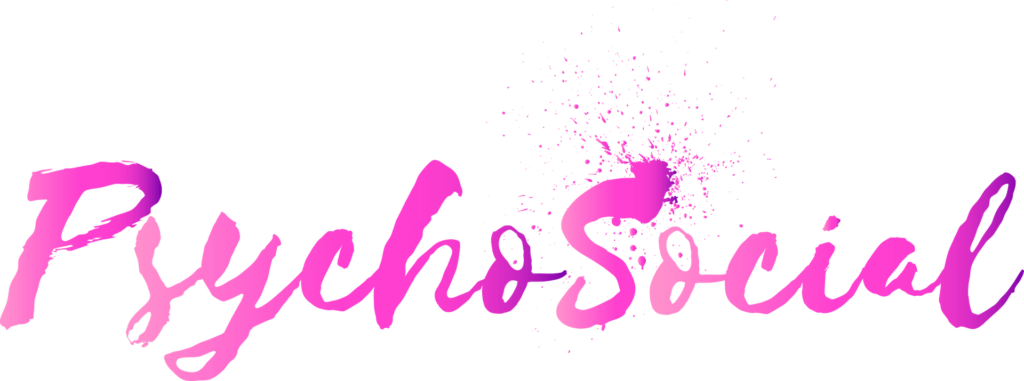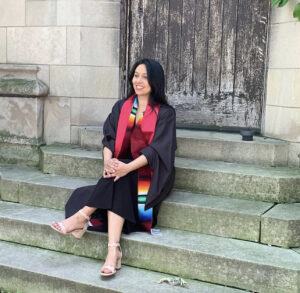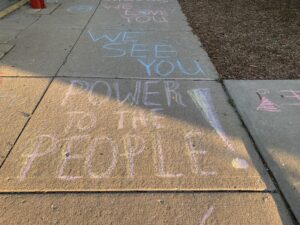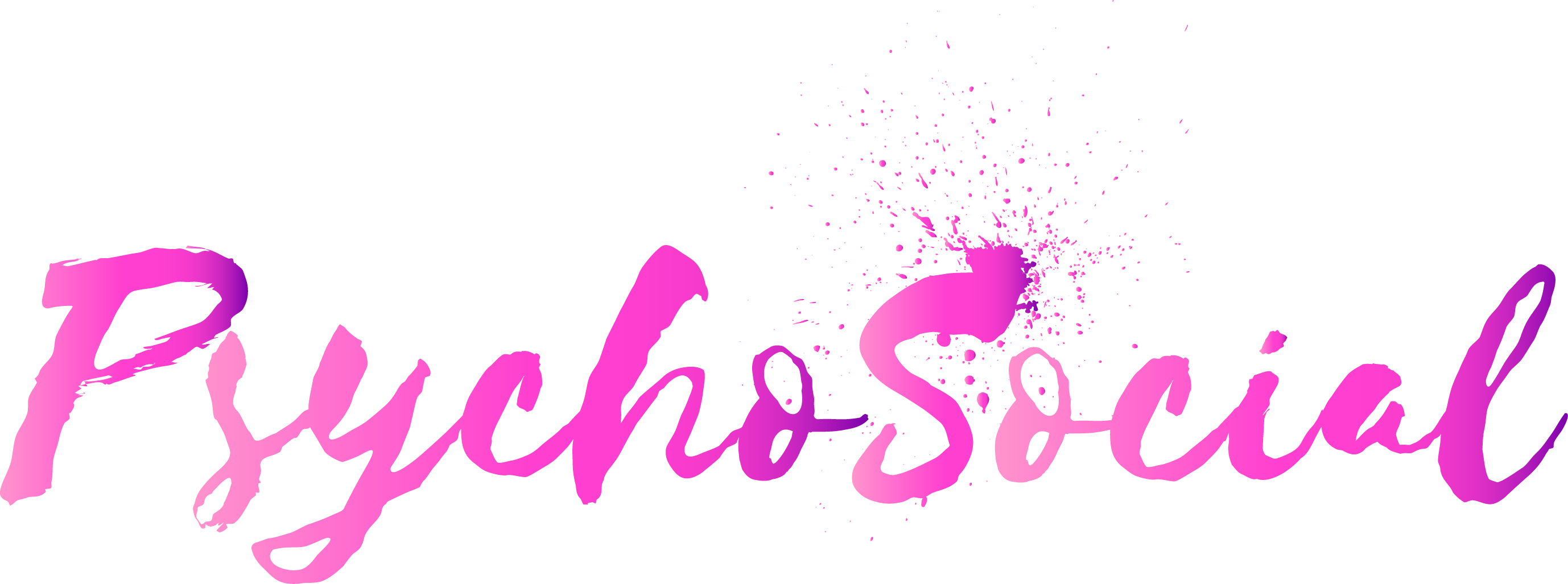What Are The Holiday Blues?
The holidays can be a joyful time for many, but certainly not all. It may be the most wonderful time of the year for some, but a time of stress or even dread for others. We commonly associate this season with splendid sentiments of happiness and love, and perhaps we do so to a fault. From Thanksgiving preparations until we ring in the New Year many suffer from unpleasant feelings such as fatigue, tension, frustration, loneliness, sadness, and anger.
The Holiday Blues[i], a temporary experience of anxiety or depression, can surface for a variety of reasons from unrealistic expectations and pressures to finances and commercialization. The first step in handling the Holiday Blues is to reflect on what may be causing your distress. Is it stress? Nostalgia? The looming contact with people you deem toxic? Here are some common causes for the Holiday Bluesand how you can maintain your mental health during this season:
“I feel pressured to spend.”
Many believe that commercialization causes us to lose sight of the reason for the season. Although our own reasons to celebrate may vary, we cannot deny the pervasive pressure to spend in seemingly every store. The reminders to spend creep into our mailboxes, inboxes, and quickly into our homes. The chatter at social gatherings, the temptation to buy happiness, and the intimidation to keep up with the Joneses do not help either.
If this causes you distress, consider grounding yourself by reminding yourself of your values. Why are you celebrating this season? Whatever you conclude, odds are that gifts are not a top priority. Use your reason to guide you this season. If you are purchasing gifts, plan ahead prioritize, and use a budget. If possible, can you show your love, adoration, and/or appreciation in another creative form? Finally, consider paying it forward. There are plenty of chances to volunteer your time this season, and throughout the year. Contributing to a priceless charitable opportunity may help to lift your spirits[ii].
“I just don’t want any drama.”
This may be a common sentiment throughout the year, however, with an increase of gatherings towards the end of the year, the pressure to see others we are uncomfortable with may intensify. The reasons for conflict are vast, but to avoid a tangent in conflict-resolution let’s focus on self-empowerment.
First, try to be accepting of differences. This in no way means you need to change your opinions, condone the actions of others, or shrink into a domineering person’s shadow. However, the holidays may not be the time to begin a crusade either, especially if it will enhance your distress. Next, choose to be mindful. Tune into your feelings and avoid ignoring them. Holiday parties are often filled with temptation for negative coping (e.g., overeating, binge drinking), knowing and noticing your triggers can help you from being impulsively reactive. Finally, seek positivity. You may find it easier conflict, gossip, and toxicity if you gravitate towards positive people.

“I don’t want to be probed about my personal life. “
Holiday gatherings can be a great time to reconnect and catch up with family and friends, on the other hand, these gatherings may come with an expectation of sharing that everyone is not comfortable with. Further expectations, social skills, and cultural variables may also complicate matters. When these influences combine, individuals find themselves uncomfortably silenced, submissive, or disengaged.
If you are worried about intrusive individuals prepare yourself by proactively considering what you are uncomfortable speaking about. This can help you shift topics to what you are comfortable discussing and can allow you to still be engaged. Know your own boundaries and consider what you will need to do to keep them in place. Perhaps you might elect to share your discomfort with a loved one or choose to distract from the interaction altogether by being a helpful hand at the event. When in the conversation itself and someone taps your boundary, you may find a direct and respectful statement to be helpful, however, some may prefer an indirect approach. A clear response may be empowering, nevertheless, honor your needs as simply asking to be excused can also be adaptive while still maintaining your boundaries.
“I feel helpless when I see my loved one.”
Although the Holiday Blues can be experienced by anyone, according to the National Alliance on Mental Illness 64% of people living with mental illness experience the Holiday Blues. Seeing a loved one struggle can be a difficult experience. You may be torn in this process: on one hand, you may want to help, yet on the other, you may want to be respectful of their autonomy. This is not an easy path to navigate. For suggestions on this journey consider reading, “What To Do When A Loved One Needs Mental Health Help“.

“I miss my loved one.”
With the loss of a loved one what was once a joyful occasion may be a reminder of their absence. The holidays can also ignite unattended grief. If you are mourning the loss of a loved one, embrace your process. Ignoring your feelings does not equate to controlling them. Acknowledging your feelings allows you to honor your loved one. Avoiding your emotions may cause you to become isolated and miss the opportunity to seek support. Further, building the courage to open up to someone else who may be hurting may be a collaboratively cathartic experience. Lastly, consider creating a new tradition to honor your loved one. A few ideas could be listening to their favorite song, watching their favorite movie, browsing through photos, or sharing your favorite memories.
*Learn More About Dr. Shainna Aliin the About Us Section of the Site by Clicking Here
[i] https://www.nami.org/Press-Media/Press-Releases/2014/Mental-health-and-the-holiday-blues [ii ]https://www.sciencedaily.com/releases/2015/12/151214084744.htmCover Photo by Anthony Tran on Unsplash
Dr. Shainna Ali is a mental health clinician, educator, and advocate who is dedicated to highlighting the important role of mental health in fostering happiness, fulfillment, and overall wellness. She is the owner of Integrated Counseling Solutions, a counseling and consulting practice in Central Florida. In her practice, she uses a strengths-based, creative approach that empowers clients on their journey. Her areas of interest include exploring identity and culture, emotional intelligence, & creativity methods in counseling. Dr. Ali teaches counseling courses to students at the University of Central Florida and the Chicago School of Professional Psychology.
Beyond instructing, Dr. Ali promotes mental health awareness in her blog, Modern Mentality, and also in her regular contributions to the National Alliance on Mental Illness and the American Counseling Association. She is a firm believer in the importance of self-care, and in her free time, she enjoys spending time with her family and friends, playing with her German Shepherd, practicing yoga, exercising, learning new lessons, and traveling the globe.
-
Dr. Shainna Alihttps://psychosocial.media/author/sali/
-
Dr. Shainna Alihttps://psychosocial.media/author/sali/December 31, 2018
-
Dr. Shainna Alihttps://psychosocial.media/author/sali/January 31, 2019





















